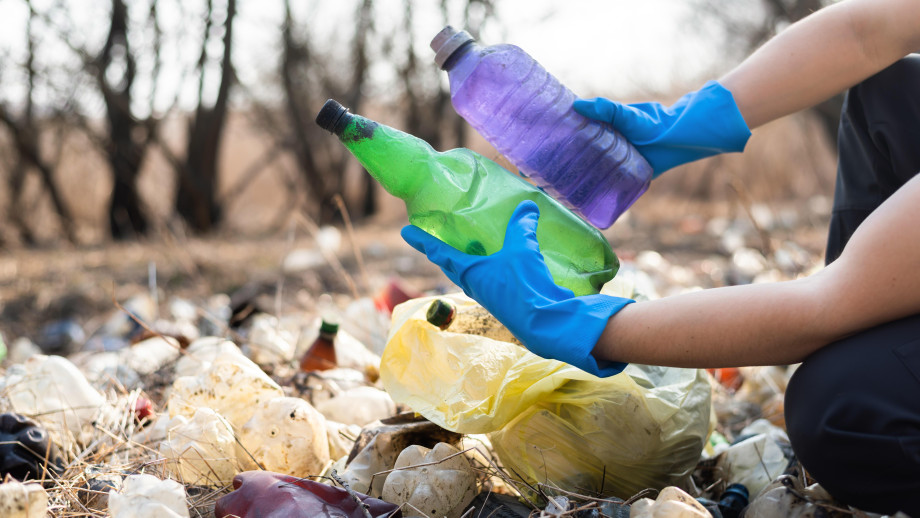India is one of the world's top manufacturers of plastic garbage, which is a serious environmental issue. By transferring management of plastic waste from governments to manufacturers, the Extended Producer Responsibility (EPR) policy approach can address this issue.
What is EPR?
EPR is a framework that holds manufacturers accountable for the effects of their goods on the environment at every stage of their life cycles, including the collection and disposal of waste at the end of their useful lives. This calls for producers to invest in collection and recycling infrastructure as well as develop goods that are simpler to recycle and compost.
Benefits of EPR for Plastic Waste Management
EPR has a lot of possible advantages for managing plastic waste in India, such as:
- Higher recycling rates: EPR can boost recycling rates by providing businesses with a financial incentive to create recyclable items and spend money on recycling infrastructure.
- Less waste going to landfills: EPR can help cut down on waste going to landfills by diverting plastic waste to facilities for recycling and composting.
- Better environmental quality: By lowering pollutants from plastic waste, EPR can contribute to better environmental quality.
How does EPR work for plastic waste management in India?
For the management of plastic waste, the Indian government has created a number of EPR programs. These programs often impose obligations on producers, such as creating systems for product collection and recycling or paying a fee to a third-party entity that oversees product collection and recycling.
How to obtain an EPR certificate
Producers can acquire an EPR certificate from the government if they adhere to the EPR guidelines for managing plastic waste. With the use of this certificate, the producer may show that they are adhering to their EPR commitments and dedication to ethical plastic waste management.
Conclusion
EPR is a policy strategy that has promise for tackling India's plastic waste problem. EPR can enhance recycling rates, decrease landfill trash, and improve environmental quality by transferring the management of plastic waste to producers.
Additional benefits of EPR for plastic waste management:
- Encourages innovation: EPR can encourage manufacturers to find creative solutions to reduce plastic waste, such as by employing recycled materials and inventing more recyclable items.
- Encourages public awareness: EPR can aid in increasing public understanding of the value of recycling and the effects of plastic waste on the environment.
- Promotes employment: EPR can promote employment in the recycling and waste management industries.
How to get started with EPR for plastic waste management:
If you are an Indian manufacturer of plastic items, you can begin using EPR by doing the following:
- Determining the precise EPR standards that apply to your products.
- Making a strategy to meet the EPR standards.
- Putting your plan into action and keeping track of your results.
- Getting a government-issued EPR certificate.
Government websites, business associations, and consulting firms are just a few of the tools available to aid producers in adhering to EPR regulations.
Although EPR is a complicated policy strategy, it has the potential to significantly reduce India's plastic waste. Producers may take the lead in tackling this significant environmental concern by being aware of the advantages of EPR and how it operates.

